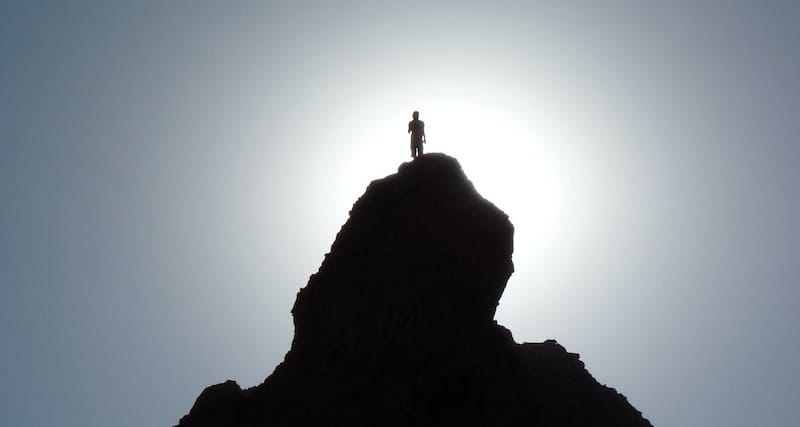What do you see when you look at your organisation’s strategic plan?
When you read it, do you have a feeling that you’re part of a business that is breaking new ground?
Is there a frisson, a little shiver of excitement running down your spine?
Does everyone, at every level, know how they contribute to it?
Or does it feel blah-blah, same-same as always?
Henry Mintzberg explored this twenty-five years ago in his book The Fall and Rise of Strategic Planning, arguing that strategic planning has actually been about programming; moving around bits of strategies that already exist.
Mintzberg suggests that the traditional approach to strategic planning has been about analysis, of breaking down a goal or set of intentions into steps for implementation. Whereas strategic thinking is about synthesis and demands intuition and creativity.
As someone who makes a living from strategic planning, I heartily agree it needs to be about more than just moveable parts.
‘What’s your big idea?’ is one of the first questions I ask whenever I start a project with a new organisation. If they’re not sure, this needs to be a focus of our work.
Certainly, analysis is part of the planning process. Good strategy is underpinned by evidence and drawn from experience. Part of strategic planning is looking back — at what worked, and what didn’t; at what helped, and what hindered.
Experiences of the past inform our future. Taking a clear-eyed view at what you’ve done helps to avoid repeating mistakes. Your collective experience and the available evidence helps to tell the story of where you’ve come from. But what’s done is done. It informs but should not drive the future.
To have a big idea, you need to be willing to explore, to brave new frontiers. The exploring space is frequently the light bulb moment — when strategic thinking kicks in.
Integrative thinking expert Roger L. Martin says that most executives find this part of strategy scary, as it forces them to confront an uncertain future. It also requires them to choose, to decide, to explicitly cut off possibilities and options.
It’s also exciting. That intersection between our past and the place of inquiry where we explore is where ‘bazinga’ often happens.
A bazinga moment is not about tweaks, or efficiencies, or improvements — what I term ‘housekeeping’. Improvement initiatives can help your people work smarter and be more efficient. But a quick win does not a big idea make.
Dan Tynan’s piece about the once ‘king of the internet’ Yahoo (remember Yahoo?) describes how Yahoo didn’t have one big idea, despite pioneering so much in the world of the interwebs.
Tynan writes that “Yahoo never really decided what it wanted to be when it grew up. Was it a technology company? A search advertising platform? A burgeoning social network?” And thus Google, and Facebook, and Spotify, and Netflix came to own their turf.
Coach and mentor Maree McPherson helps the boards she works with to stay in the strategic thinking space with a series of questions to activate curiosity. One of her questions I especially like is a legacy one — “What will we do in this board term that people will look back on in 30 years’ time and thank us for?”.
Does your organisation have a big idea that excites you? And what legacy are you building through your work?
